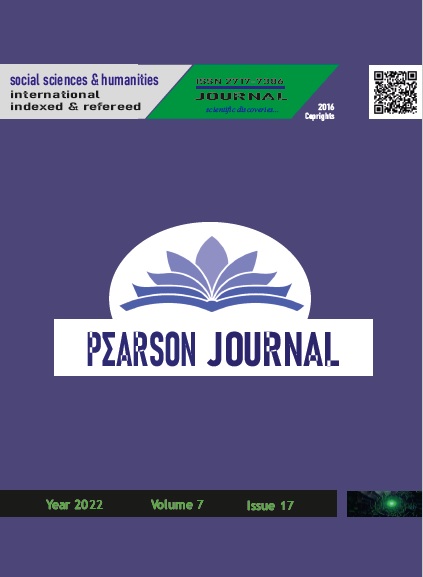A STUDY ON THE EFFECT OF RELİGİOUS EDUCATION RECEIVED BY DKAB TEACHERS ON EMOTIONAL INTELLIGENCE LEVELS (ISTANBUL ANATOLIAN SIDE EXAMPLE)
DOI:
https://doi.org/10.46872/pj.443Keywords:
Religious Education, Teaching, DKAB Teachers, Emotional Intelligence, Understanding of ReligionAbstract
This study deals with the effects of the religious education that DKAB teachers receive and the religious understanding they develop in this direction on their emotional intelligence levels. The universe of this research, which was prepared according to the relational survey model, which is one of the survey models, is the religion lesson teachers working at the secondary school level. The sample set of the research consists of 122 female and 64 male religion teachers working in secondary schools. These teachers, who work in the Anatolian side of Istanbul, were determined by the convenient sampling method, which is one of the possible sampling methods. In the research, questionnaire technique was used in terms of ease of application and enabling to reach a wide range of teachers working in different districts. In this framework, the "Personal Information Form" was used to determine the demographic characteristics of the participants, and the "Schutte Emotional Intelligence Scale" was used to determine the emotional intelligence levels. As a result of the research, significant relationships were found between the religious education teachers received throughout their life and the understanding of religion they developed due to this education and their emotional intelligence levels. Emotional intelligence scores of the teachers showed significant differences in terms of educational status, level of religiosity and the variables of the teacher affected in the religious education process. There was no significant difference between the variables such as the place where most of the life was spent, the graduated high school, faculty and department, the time passed after graduation, being a hafiz, family attitude in performing religious rituals, and the emotional intelligence scores of the teachers.




